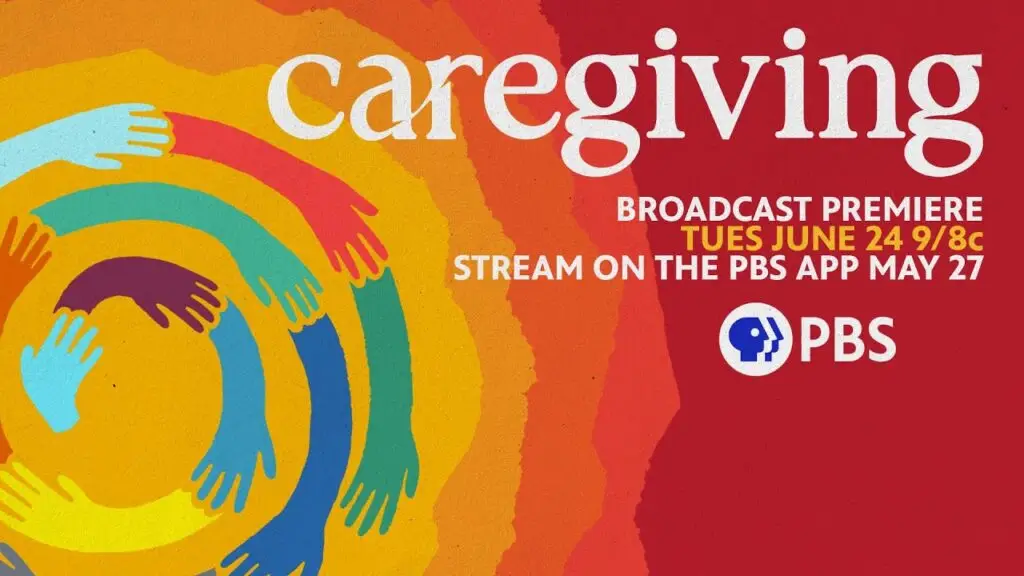Bradley Cooper is Concerned About This Healthcare Crisis
In households across America, a silent crisis is unfolding—millions of unpaid family caregivers are bearing the brunt of a growing eldercare emergency. As dementia cases surge and the healthcare workforce shrinks, caregivers are stepping in to fill critical gaps. Celebrities like **Bradley Cooper** and activists like **Debra Barrett** and **Jessica Guthrie** are helping bring visibility to this issue. But awareness is only the first step. America needs urgent action.
The Scope of the Caregiving Crisis in America
The **caregiving crisis in America** is no longer a future problem—it’s here. More than 45 million people in the U.S. serve as unpaid caregivers, often for older adults with chronic conditions like **dementia**. This caregiving is essential, yet unsupported.
The **Family Caregiving Alliance** reports that family caregivers contribute an estimated $600 billion annually in unpaid care. These roles often come with emotional, financial, and physical burdens that are rarely acknowledged by society or supported by policy.
Family Caregiving for Older Adults: Rising Needs, Fewer Resources
**Family caregiving for older adults** is becoming the default solution as the **healthcare workforce shortage** deepens. Nursing homes and in-home care agencies struggle to hire due to burnout, low wages, and high turnover. The result? Families are forced to take on increasing levels of responsibility with little training and no compensation.
A typical **home caregiver salary** averages around $30,000 a year—far below a livable wage—despite the complex medical tasks many are expected to perform.
Mental Health Impacts: Do Caregivers Get Depressed?
Absolutely. The emotional toll is significant. Studies show that **caregiver mental health issues**, especially depression and anxiety, are widespread. Constant vigilance, financial stress, and emotional exhaustion lead to high rates of burnout. The question **“do caregivers get depressed?”** isn’t hypothetical—it’s a daily reality for many.
Caregiving Roles and Their Lasting Impacts
The **family caregiving roles and impacts** extend well beyond the individual. Caregivers often reduce work hours or leave jobs entirely, affecting their long-term financial security and retirement savings. Children and spouses of caregivers also experience emotional strain as family dynamics shift under the weight of constant care needs.
Debra Barrett and Jessica Guthrie: Advocates on the Front Lines
DEBRA BARRETT is vice president, corporate affairs at Otsuka, where she is responsible for creating and advancing the overall strategy across Government Affairs and Public Policy, Corporate Communications and Marketing and Social Impact. Debra has dedicated her career to protecting and advancing the rights of those whose voices need to be heard.
JESSICA GUTHRIE is a family caregiver for her mother, who was diagnosed with Alzheimer’s disease in 2014. Jessica moved home to become her mother’s caregiver at the age of 26 and sacrificed her life and career in Dallas over the past ten years to become a full-time caregiver. Her large platform on social media allowed her to create a caregiver community that she lacked in real life.
They highlight the urgent need for a comprehensive **family caregiving program** that includes financial assistance, mental health services, and respite care.
The Power of Storytelling: Caregiving Documentaries and Celebrity Support
Recent **caregiving documentaries** are helping to illuminate this hidden crisis. In one notable project, **Bradley Cooper**—whose father died from cancer—has lent his voice to raise awareness about the emotional realities of caregiving. These stories have the power to change public perception and pressure lawmakers into action.
Listen on Podcast
Did you like your experience?
Please leave us a Testimonial HERE if you have a Google account.
Your word helps get our word out to more people.
Thank you in advance!!



